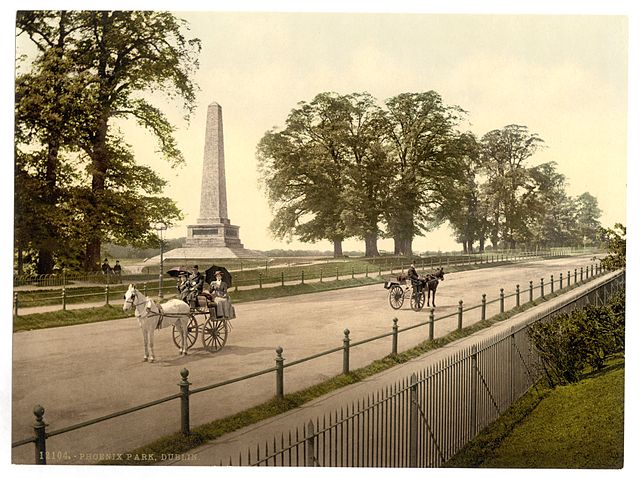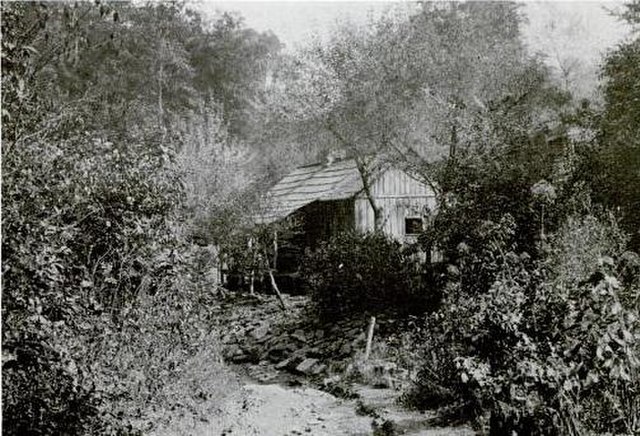Adelman considers how the control of other animals might be used to facilitate public order not just physically, but also ideologically. “Kindness to animals became a mark of civilization,” she notes (p. 26).
Continue readingAdvancing Veganism in a “Post-Vegan Society”: A Review of Veganism: Politics, Practice, and Theory
Animalizing Appalachia: A Critical Animal Studies Analysis of Early Sociological Surveys of Southern Appalachia
Critical animal studies acknowledges the role that science has played in constructing and legitimizing categories of difference, particularly that related to species distinctions, evolutionarily ideas about group inferiority and superiority, and the goal of social development. As such, my research explores how sociological research has traditionally animalized its Appalachian subjects and used this animalization as an explanation or rationale for inequality.
Continue readingWhy are Environmentalists and Animal Activists at an Empasse?
More and more, however, the science of climate change is now demonstrating that animal products are a leading cause of environmental degradation, a body of evidence that is becoming difficult to ignore. However, the ideological shift that is needed–seeing animals not as objectified climate-destroying consumables, but as a marginalized group whose oppression is actually foundational to the degradation of the earth–still lacks. Until we start to see animals as persons and reject hierarchies of domination, the two movements will never fully align.
Continue readingWhy Vegan Sociology?
Animals and Appalachia: Introducing Critical Appalachian Animal Studies
Third-Wave Vegan Feminism and Feminist Animal Studies
Grill Power: Feminism in Men’s Meat Market
Vegan feminism would argue that tweaking speciesist masculinized consumption to include women subverts anti-speciesism as well. It does nothing to challenge the fetishization of commodified bodies. The “pork” industry attempted to boost the sales of dead pigs, for instance, by launching a campaign to encourage women to get grilling. Although Mother Jones was quick to highlight the blatant sexism of the advertising materials in which women are belittled as “grill girls,” “ladies,” “hot mamas, “spicy girls,” and “gal pals,” nothing was said about the extreme violence experienced by the pigs who are objectified as “pork.”
Continue readingPETA, Dahmer, and Intersectional Failure
In 2014, the home of infamous serial killer Jeffrey Dahmer went on the market. This sale was understandably a contentious one. Seventeen boys and men, many of whom were children, gay, prostituted, and/or persons of color were raped, tortured, killed, and sometimes eaten by Dahmer at the site. Twenty-five years later, People for the Ethical Treatment of Animals (PETA) made a bid to purchase it.
Continue readingWhat Adoption Discrimination Tells Us about Human/Nonhuman Intersections
Through primary socialization, humans are taught to understand, engage with, and fill various social roles as necessary for participation in society. Nonhuman Animals living in or around human societies are often folded into this socialization process. Socially constructed identities may be projected onto other animals and this can lead to considerable stigma for humans and other animals alike. The politics of “pet” adoption illustrate this.
Continue reading
